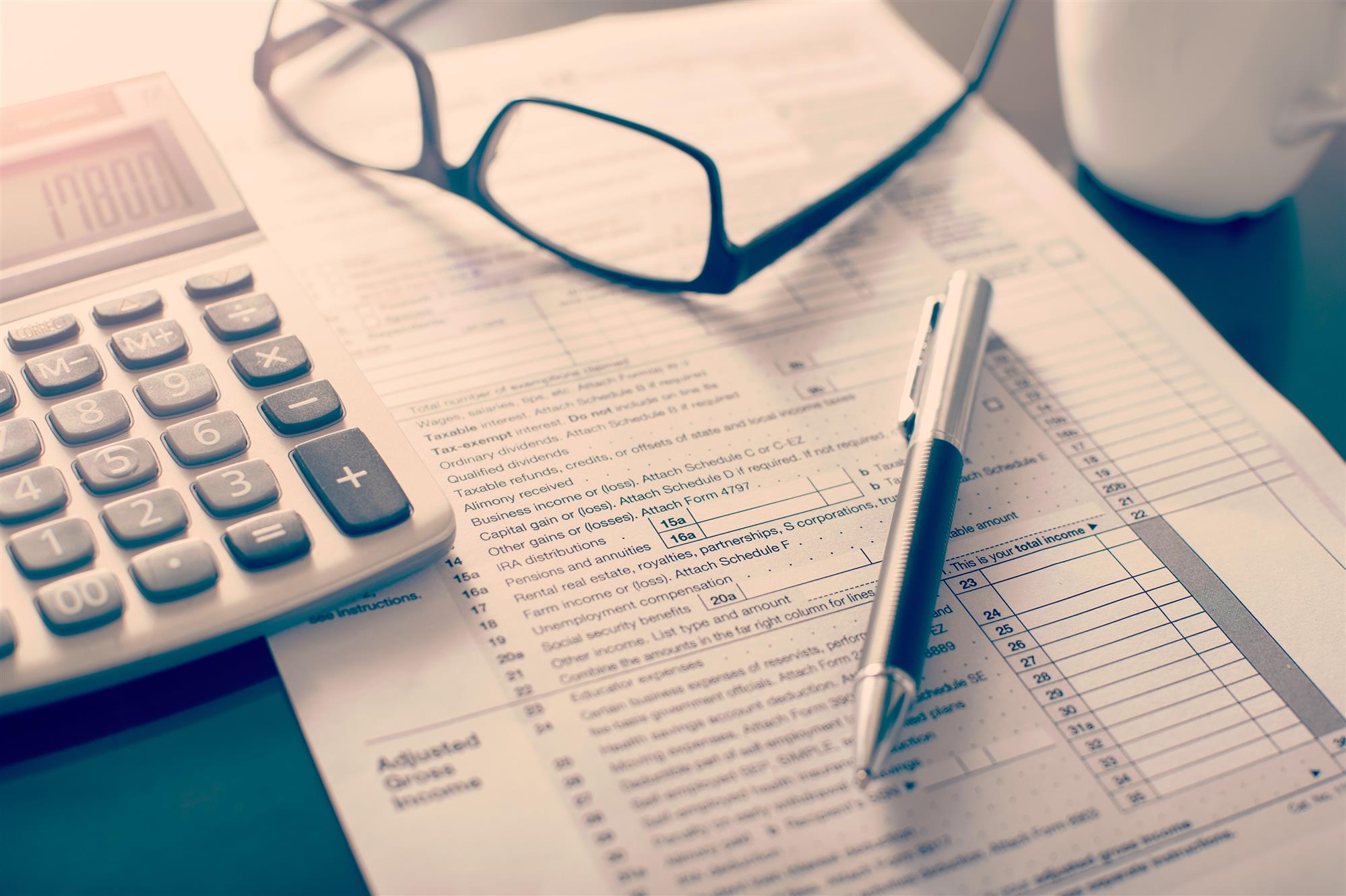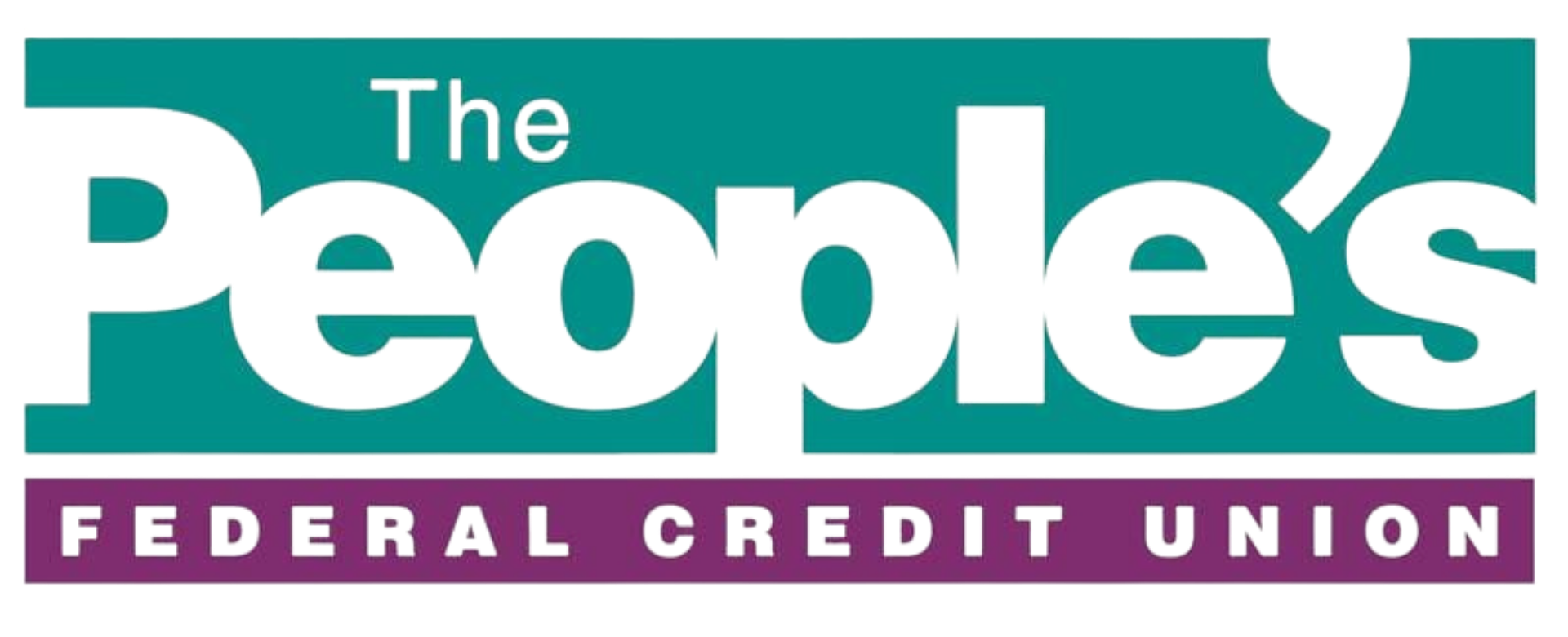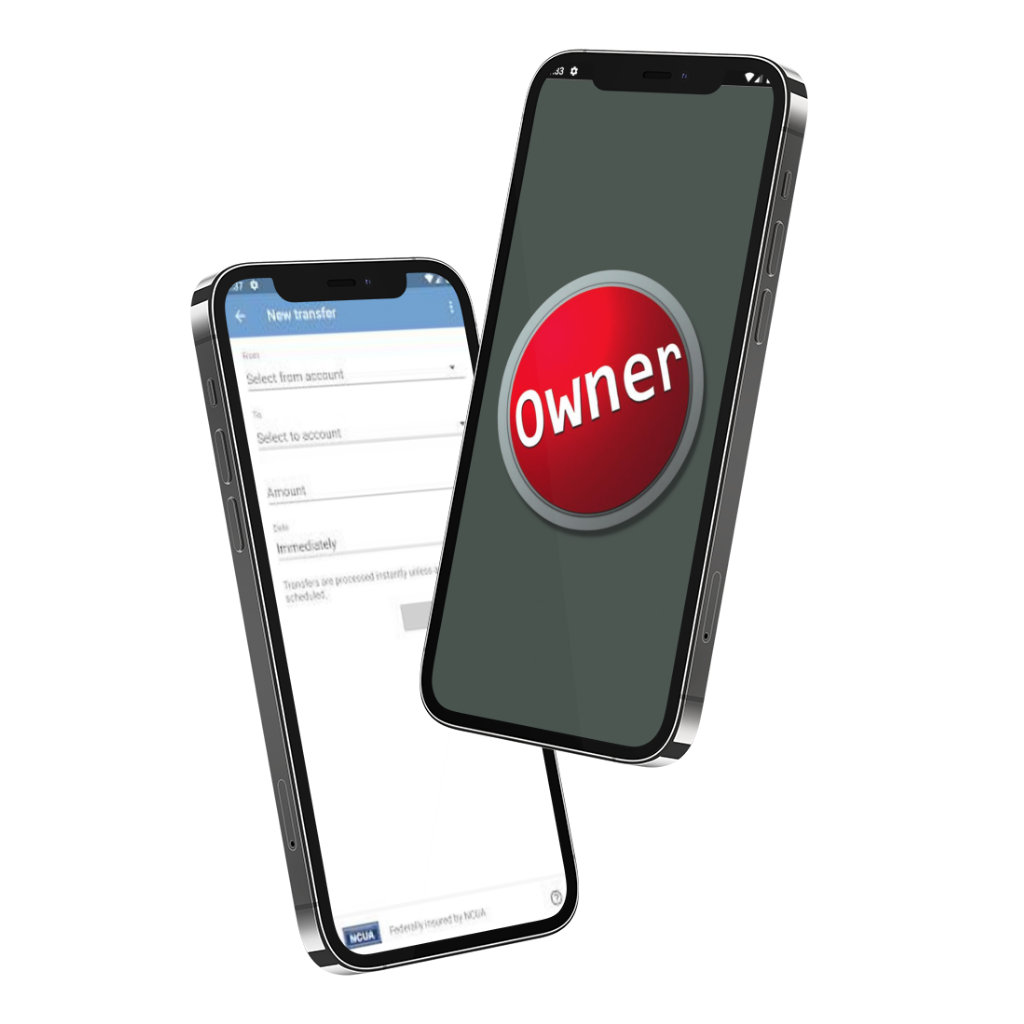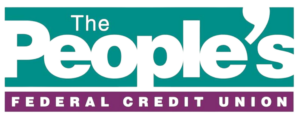Throughout your college education, you may have taken out student loans to help subsidize your expenses. After you graduate, federal student loan programs provide for a six-month waiting period before payments begin. This “grace” period is designed to allow you time to find employment in your career field and start earning an income.
However, in recent years, college graduates are finding it more difficult to find a decent paying position and earn enough to pay their student loans, while also trying to ensure they earn enough to cover payments for auto loans and house loans. In order to help people struggling with federal student loan payments, there are a variety of different programs available, and some even include student loan forgiveness.
Student loan debt forgiveness is where all or part of your student loan debt is canceled or forgiven. The amount of money canceled depends on what type of loan forgiveness program you qualify for and whether the debt is forgiven upfront or at the end of the loan.
In the past, the only people who could qualify for loan forgiveness were the ones that were pursuing careers in the public sector, which often have lower salaries, like teachers. Another form of student loan forgiveness available is when a person becomes disabled and will be unable to work and make payments toward their loans.
In 2010, former President Obama revised the federal student loan program to include three more options, for people who did not fit into the pre-existing public service positions or did not meet disability requirements, including:
- Income Based Repayment (IBR) – This repayment option is where your payments are based on your current income level and family size.
- Pay as You Earn (PAYE) – With PAYE, payments are based upon 10% of your income, after taxes and basic living expenses.
- Income Contingent Repayment (ICR) – Similar to the IBR, the ICR calculates payments based on anticipated incomes and family size, but it also considers the outstanding loan balance.
With each of these programs, in some cases your monthly payments could be zero. It is also important to point out, once you qualify for any of the above repayment options, you must recertify annually to remain in one of the repayment programs.

Loan Forgiveness and Taxes
When considering different student loan forgiveness options, keep in mind some of these treat any canceled debt as income you have to report on your federal tax return for the tax year it was forgiven.
If your program will result in taxable income, you need to decide if the amount of tax owed could be a financial concern later in life, as many of the programs require repayment periods between 20 and 25 years before any debt is canceled. Currently, only teachers, and certain public service and job-specific positions qualify for tax-free loan forgiveness.
The People’s Federal Credit Union is pleased to provide the above information to help make repaying your student loans less of a financial burden. Please feel free to stop by one of our branches or call us at 806-359-8571 if we can be of further assistance.








